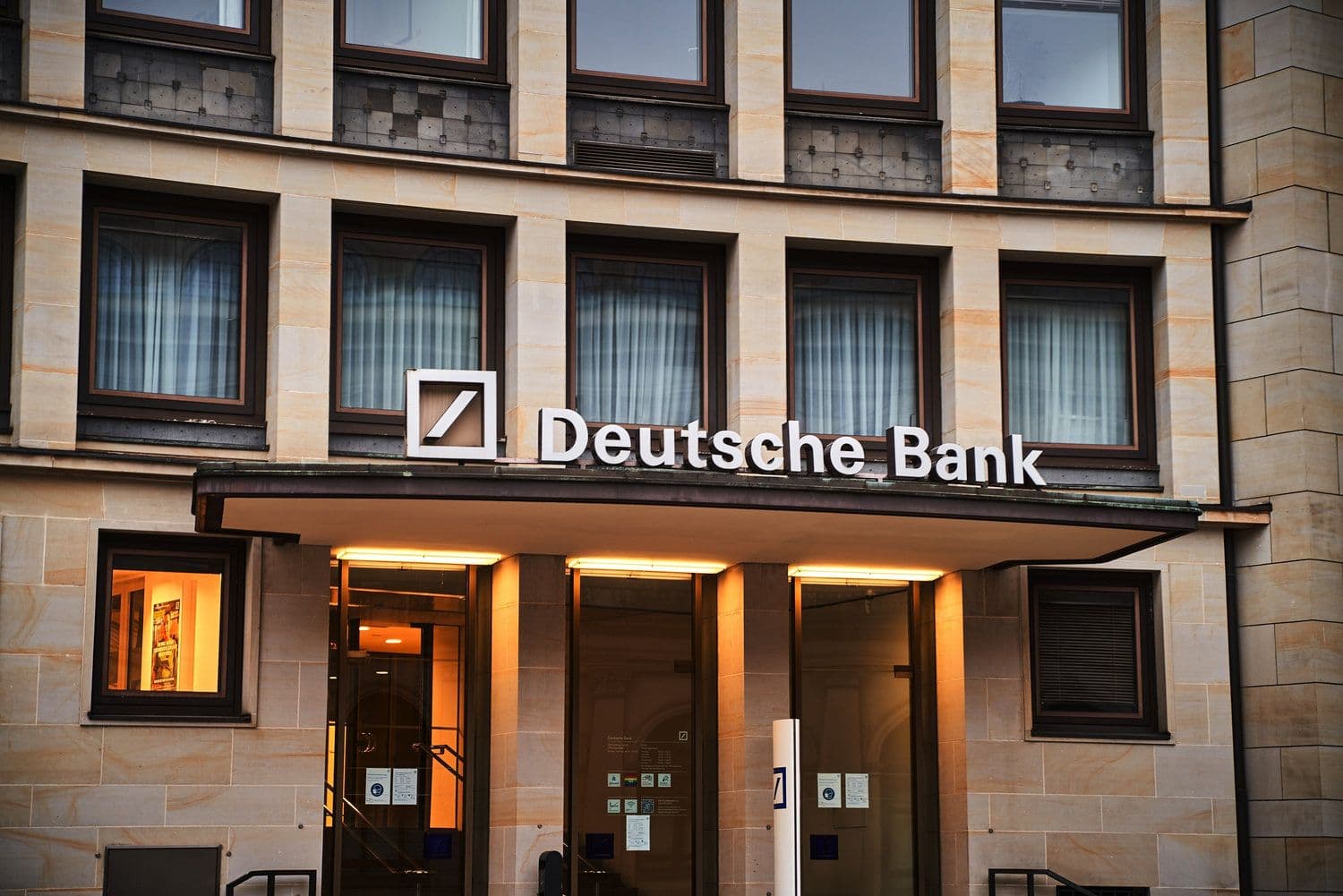Deutsche Bank analysts have forecast a major downtrend for the U.S. dollar, projecting the EUR/USD exchange rate to reach 1.30 by decade's end amid seismic global policy shifts affecting currency markets worldwide. The bank cites transformative changes in U.S. trade policy, German fiscal approaches, and reassessments of American geopolitical leadership as key drivers behind this anticipated currency realignment.
What to Know:
- Deutsche Bank expects the dollar to weaken substantially over the remainder of the decade
- Analysts point to diminishing international appetite for financing growing U.S. twin deficits
- The forecast comes amid what the bank describes as "extreme uncertainty" in global policy landscapes
The revised outlook marks a significant departure from the prevailing "higher for longer" dollar narrative that has dominated market expectations in recent years. This dramatic reassessment follows what Deutsche Bank characterizes as "the most substantial alteration in U.S. trade policy in a century," occurring alongside equally momentous shifts in German fiscal positioning since reunification.
Global financing patterns appear to be undergoing fundamental restructuring, according to the bank's analysis. International investors are showing decreased willingness to fund America's expanding twin deficits—budget and current account imbalances that have historically supported dollar strength.
This reluctance represents a pivotal market force that could accelerate the currency's depreciation trajectory.
The bank's currency strategists have identified several additional factors contributing to their bearish dollar outlook. Among these are expectations that elevated U.S. asset holdings have peaked and will gradually decrease. Simultaneously, analysts observe stronger propensity for nations outside the United States to utilize domestic fiscal capacity for stimulating internal growth and consumption.
"We're witnessing a transformative period for currency markets," the report suggests, without specifying individual analysts. The comprehensive reassessment incorporates geopolitical dimensions rarely emphasized in conventional exchange rate forecasting.
Deutsche Bank's purchasing power parity projection of 1.30 for EUR/USD represents a substantial move from current levels. This technical measure attempts to equalize the purchasing power of different currencies for similar goods and services across borders, suggesting the euro may be significantly undervalued against the dollar at present exchange rates.
The analysis acknowledges extraordinary levels of uncertainty pervading global economic conditions. Deutsche Bank strategists specifically highlight the "rapidly evolving policy norms" creating an environment where market dislocations and regime breaks present elevated risks to all financial projections.
Navigating Potential Market Disruptions
Analysts at the German banking giant emphasize maintaining flexibility in their forecasting approach given the magnitude of ongoing policy shifts. The report explicitly acknowledges willingness to adjust projections as economic conditions evolve, demonstrating unusual transparency about forecast limitations during periods of heightened volatility.
The anticipated dollar depreciation would represent a reversal of trends that have dominated currency markets for significant stretches of the past decade. Previous dollar strength has created widespread economic consequences, particularly for emerging markets with dollar-denominated debt obligations.
Central banks worldwide may need to recalibrate monetary policy approaches if Deutsche Bank's dollar forecast materializes. Currency values significantly influence inflation dynamics, trade balances, and capital flows—all critical variables in central bank decision-making frameworks.
For European economies, a stronger euro relative to the dollar presents a mixed economic picture. Export-oriented industries might face competitive challenges, while import costs could decline. The net effect would vary significantly across economic sectors and individual eurozone member states.
Closing Thoughts
Deutsche Bank's dramatic revision of dollar expectations signals potentially profound changes ahead for global currency markets. The forecast of EUR/USD reaching 1.30 by decade's end reflects a comprehensive reassessment of structural economic forces, geopolitical dynamics, and evolving policy frameworks that have traditionally supported dollar dominance in international finance.



